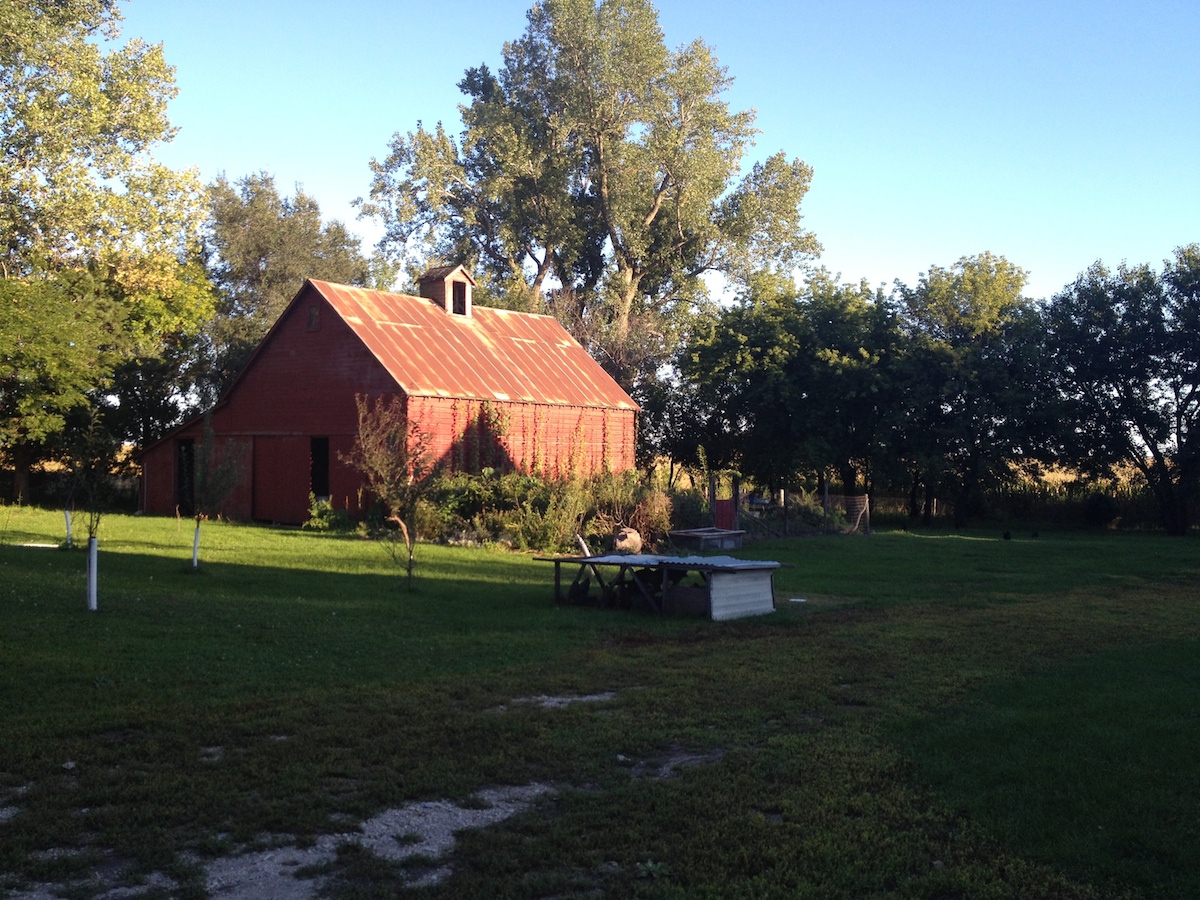As a teenager at my parents’ small-town church, I heard men in business suits express relief that they made it out of the farm where they grew up. “I got out,” they would say. The implication: I moved up.
Login to read more
Sign in or create a free account to access Subscriber-only content.
Topics:
